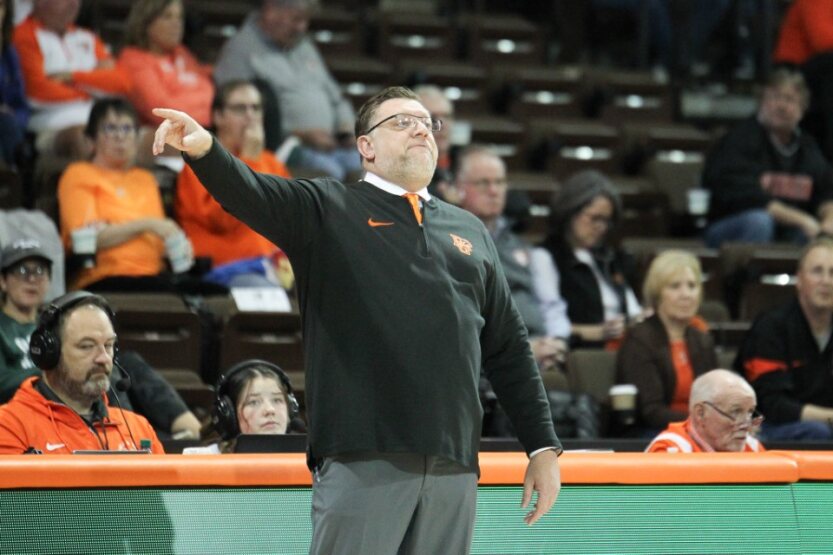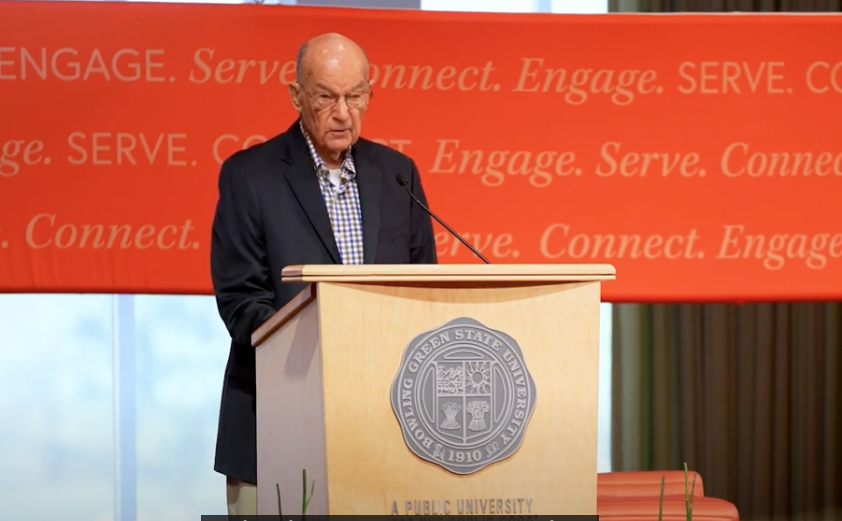There are big bucks in being green. There must be, because everywhere, in all kinds of media, we are pummeled by a flood of advertisements for eco-friendly products. An animated secret agent fights cheesy super-villains to remind viewers to buy eco-friendly insurance policies for their gas-guzzling cars at E-surance. Kermit the Frog bemoaned the fact that ‘it’s not easy being green’ while climbing into his 2006 Ford Escape Hybrid. More recently, Apple announced their new Mac-Book Pro is the most energy-efficient computer ever, using about a third the power of a standard lightbulb. I have even seen ads online for eco-friendly, organic shoes. I love the fact that people value the environment enough to buy into green advertising campaigns. The very fact that advertisers think environmentalism sells gives me hope for mankind. At the same time, the fact that environmentalism does in fact sell makes me very depressed. Phrases like ‘green,’ ‘energy-efficient’ and ‘organic’ have lost all their meaning; they are now just buzzwords for consumerism. Sure, these ‘green’ products are probably better for the environment than their dirty competitors, but the act of consuming them isn’t. If everybody followed Kermit’s advice back in 2006 and traded in their cars for Ford Escape Hybrids, would the environment be better off? Of course not. As a society, we would be using less gas, but the act of making a hybrid for every licensed driver would deplete our reserves of metal ores and use incredible amounts of energy; nevermind the sheer number of old cars cluttering up junkyards. The same holds true for the Mac-Book Pro. This laptop may use less electricity than its competitors, but the act of making the computer takes resources and energy. If people throw away their old (but perfectly usable) laptops just to buy this new eco-friendly computer, they will not be doing any good for the environment. They will just be unnecessarily wasting the energy and resources needed to make it, while filling up landfills with their old computers. The best example of misleading eco-advertising, however, is clean coal. Lately, there’s been a series of television ads promoting clean coal as the best source of power in America. The problem is, clean coal power plants are only clean when compared to other coal power plants – not a difficult achievement, considering coal is the dirtiest source of electricity we use. Clean coal still releases high amounts of pollutants, like mercury, sulfur dioxide (a component of acid rain) and carbon dioxide. It also still uses coal from strip mines and mountaintop removal sites, destroying the environment in those areas. And yet the fact that an advertising guru slapped the phrase ‘clean’ to an advertising campaign automatically makes this source of power more appealing to consumers. In the end, the idea of consuming for the environment is inherently self-defeating. It’s kind of like selling underarm deodorant to raise money to fight breast cancer – it sounds good on paper, but it really only compounds the problem. The best, greenest, most energy-efficient thing a person can do isn’t buying eco-friendly goods, it’s not buying anything at all. These green goods spread the myth we can invent our way out of environmental problems. The message of these advertisements is clear: we, as consumers, don’t need to change our behavior; we only need to change what we consume. However, nothing can be further from the truth. All the greatest threats to the environment are a direct result of over-consumption. Resources are being plundered faster than they can be replenished in order to feed our obsession with new possessions. Power plants guzzle fossil fuels to provide factories with the energy to produce more goods and provide consumers with the power to use these goods. The very act of producing goods fills our atmosphere and water with pollution. These green advertising campaigns, however well-meaning, only serve to propagate an unsustainable and destructive system of production and consumption. We cannot consume our way out of environmental problems, because in the end, this consumption only compounds those problems. The most eco-friendly thing a person can do is not to own green goods, but to own nothing at all.
Latest Stories
- BG baseball's offense limited in 6-4 loss to Western Michigan
- JUCO forward Marcus Johnson transfers to BGSU
- BG's sixth-inning surge gives Falcons an 8-3 win against Western Michigan
- University announces expansion of Thompson Working Families Scholarship program
- BGSU baseball vs Western Michigan series preview: Top two teams in the MAC set to battle at Steller Field
















